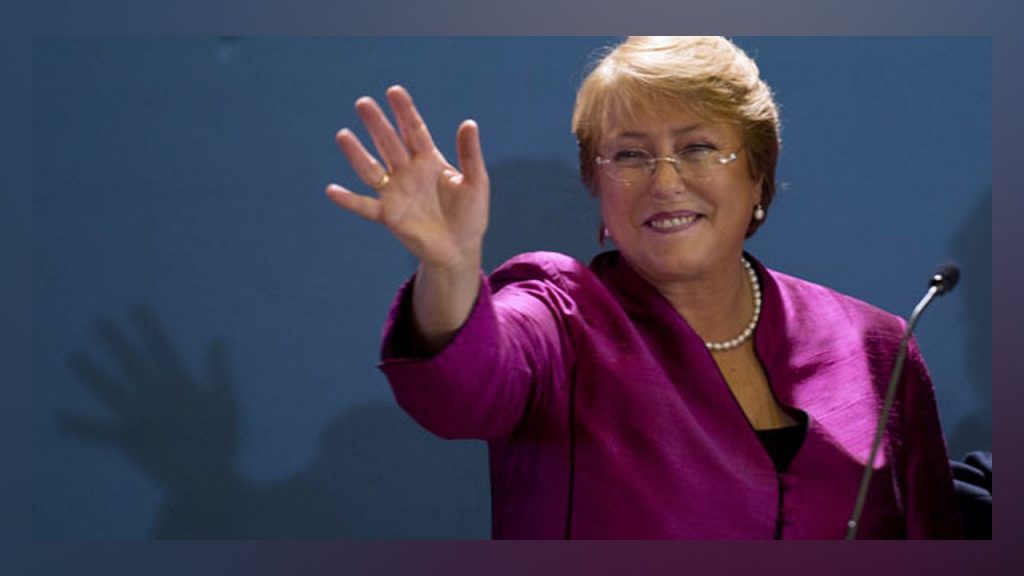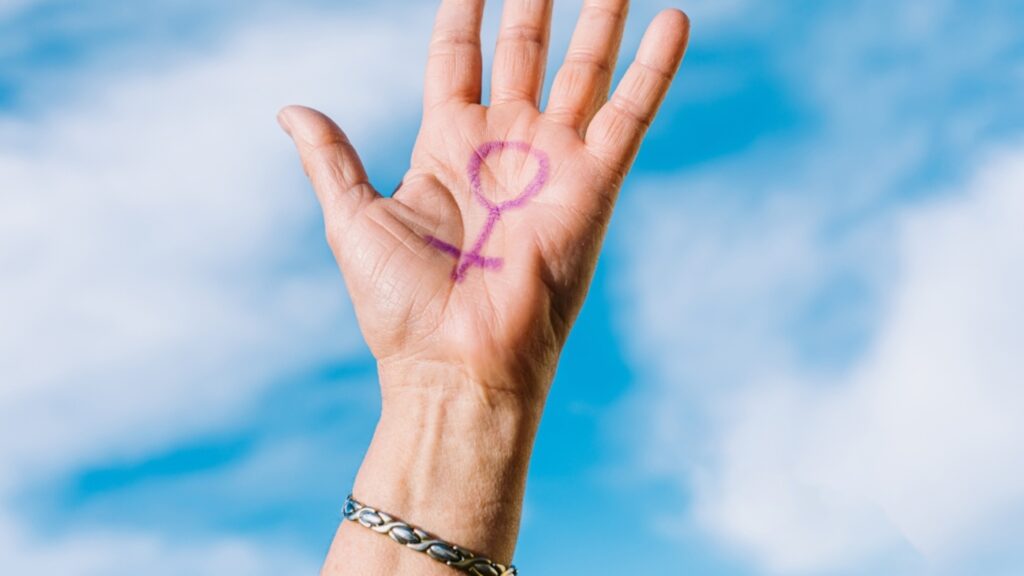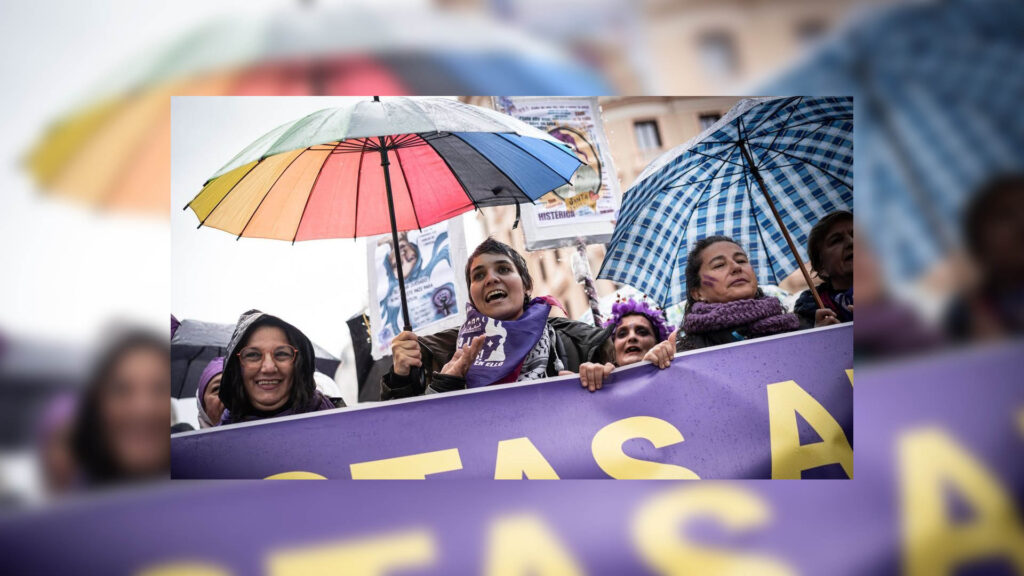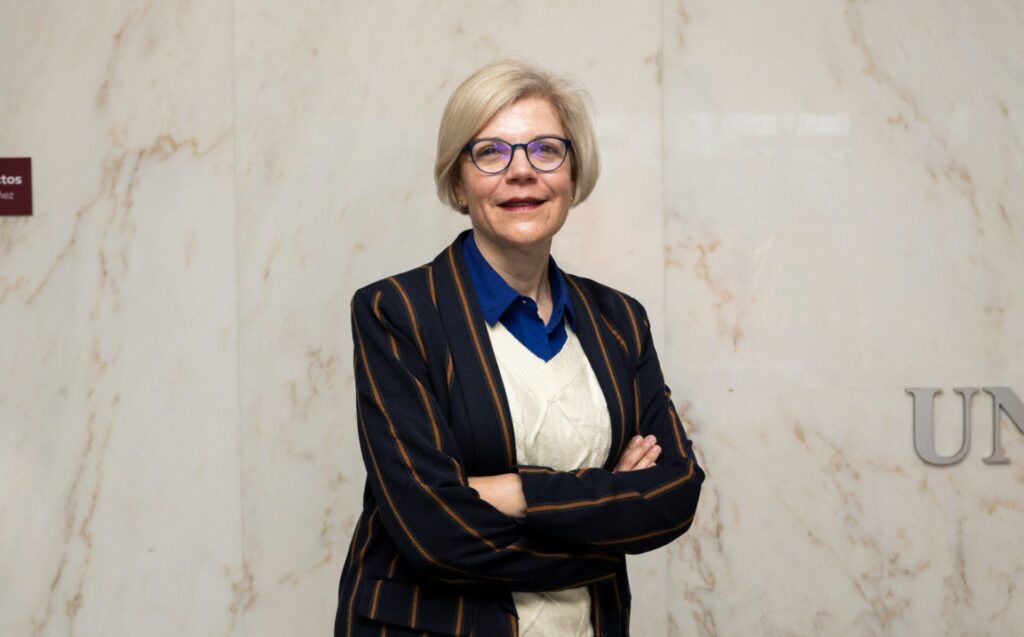Female Presidents Without Heirs
Translated by Conchi Fuentes.
What future is there for gender equality in the Latin America?
The arrival of democracy in Latin America has made the process of presidents coming into power via the ballot box become routine. However, in the case of Michelle Bachelet and Sebastián Piñera in Chile, that doesn’t quite follow what has, fortunately, become the norm. In light of what the next electoral cycle anticipates, Bachelet will be the last to lead a Latin American country, and this would end an era in the region: that of women presidents. There are 14 States that, in a period of only two years, will hold their presidential elections. The first signs show an inclination of the ideological pendulum to the right but also of a situation that will seem strange, as for the first time in many years, and as from April 2018, there will be no female Heads of State.
Given that there are only 16 (out of 193) countries in the world that have a woman as Head of State or Government (including mainly ceremonial positions), Latin America had been an exception. In the last 40 years it has had 10 presidents, four of them coinciding in the last decade alone: the aforementioned Michelle Bachelet, the Brazilian Dilma Rousseff, the Argentine Cristina Fernández de Kichner and Laura Chinchilla in Costa Rica. The first three, coming from the left and committed to a more egalitarian society, although with different styles and strategies, ended up ruling over a significant portion of the population and economy of South America. They even reached a second term, although Rousseff’s was not completed due to impeachment.
Of these, Bachelet is recognized as the most committed to the rights of her people. All of them also belong to the second wave of women presidents, which, in contrast to the pioneers of the 70s who achieved executive positions in periods of political instability, were elected after competing electorally and sharing a set of common characteristics: professionals, origin urban, medium-high socio-economic extraction and university studies. Their rise was in line with the entry of women into legislative assemblies thanks, essentially, to quota laws and a context whereby, in addition, progress has been made in the constitutional consecration of gender political parity. It is not by chance that the region holds the second place in the world in the presence of women in the legislative bodies, only below the Nordic countries. It has been said that it is not only a successful implementation of the positive discrimination mechanism but that the quota law would constitute a contribution from Latin America to the world. It was there that it became compulsory by law since, before the approval in 1991 of the Female Quota Act in Argentina, no State included it in its legislation.
The region managed to remain at the forefront of women in charge of their countries despite the recognized persistence of sexism and male chauvinism. When it is found, as now, that it could be ruled exclusively by men in the immediate future, given the absence of competitive female candidates, legitimate questions arise: Why are there no candidates for the presidency on the electoral horizon that is looming? What does that situation tell us about the general state of its democracy? And, what could it mean for women and their rights? If we turn to the findings of literature for an answer, we find that the analysis made about women’s leadership is still incipient. From the initial interest in their biographies, their access to power, as well as the factors that made it possible and their particular abilities and opportunities, there has been conscientious progress in the field of analysis that provides an understanding of how relevant gender is as a political variable in presidential leadership. There is still a need to delve deeper into the intricacies of power, as well as its processes of production and reproduction. Detection and promotion of political careers, succession procedures, circles of steel and the possible appointments of favored individuals that will continue to exist, despite the firm installation of primary elections as part of the political
reforms of the region. How can the absence of relief candidates be related to actions or omissions of the mandatories themselves in such matters? An awkward response would lead us to admit that, in spite of the feminine progress at the formal power level and the fact that half of the partisan militancy are women, men still retain a good part of informal power. In this field, the process of recruitment and selection of candidates at different levels are vital.
As for their relationship with democracy, the fact that women can access the first magistracy via the ballot box is a positive indicator, but in effect it is as insufficient as reducing the gender dimension to the existence of quota mechanisms in national legislation. In a comparative perspective exploring the cultural, institutional and political dimensions of women’s access to executive power, the article Women’s Presidents and First Ministers in Post-Transition Democracies was highlighted. Based on Latin America, the article “Latin American Presidents and Gender Equality: A Winding Road” focuses on the four presidents mentioned and their role in the democratization of their societies. In this paper, the equality policies promoted through an interpretive framework that considers the institutional capacity of their countries, the legacies received, the vulnerability to international pressure and the degree of democracy were compared. They corroborate previous findings that state that a woman who comes to power does not necessarily show a differentiated style nor does she promote gender equality policies, however the paper does also warn about how studies and debates about the quality of democracy should include the increase and improvement of gender policies in pursuit of equality.
Regarding the risk of possible setbacks, Michelle Bachelet states that “it should not be thought that the fact that the continent is left without women presidents will be a step backwards in the struggle for gender equality “. However, recent data recommends not resting on your laurels. The Latin American Public Opinion Project (LAPOP) warns of an abrupt fall (9 points, from 2014 to 2017) in support for democracy. The decrease is accompanied by a greater dissatisfaction with democracy, a steep decline in adherence to governments, a low level of confidence in elections and in the main institutions of representative democracy, particularly in relation to political parties. An even greater concern is that 40% of the citizens of the Americas would support a coup to combat the high levels of crime and corruption. In addition, the latest Latinobarómetro regional survey showed a significant increase in the percentage of Latin Americans who believe that the conflict between men and women is strong or very strong, going from 51% in 2008 to 66% in 2017.
On the other hand, women from a region, that is considered the most unequal in the world, with the highest levels of gender violence excluding war affected areas, are more empowered, there is no doubt about that. The discontinuity of women in the presidency coincides with the #Metoo movement, born in Hollywood as a form of rejection and denunciation of sexual harassment and generating in passing an intense debate within feminism itself. But we must not forget that, somehow, Latin America beat them to it. On its own terms and in the form of the “Ni una menos” (Not one less) movement. What is happening in the North right now, is taking on the appearance of a global cultural war, implying that there will be no turning back in this new wave of women’s vindication, in a move that will only serve to empower it even more.
Therefore, although the Latin American female presidents do not leave immediate heirs, their passage will not be in vain. Despite the changing ideological environments, there is reasonable confidence in the existence of an openness to gender issues and vibrant debates that are far from conceding to the famous quote attributed to Indira Gandhi: “The fact that I am prime minister does not mean anything. I am only an exception. So the fact that France produced a female general does not mean that other women can be Joan of Arc. It just means that, from time to time, some freaks appear. ”
Original source (spanish): esglobal.org 27/02/2018



